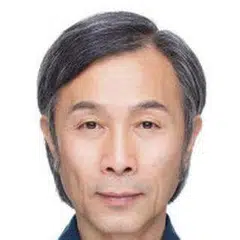[Party and the man] Factions and fence-sitters in Xi Jinping's China
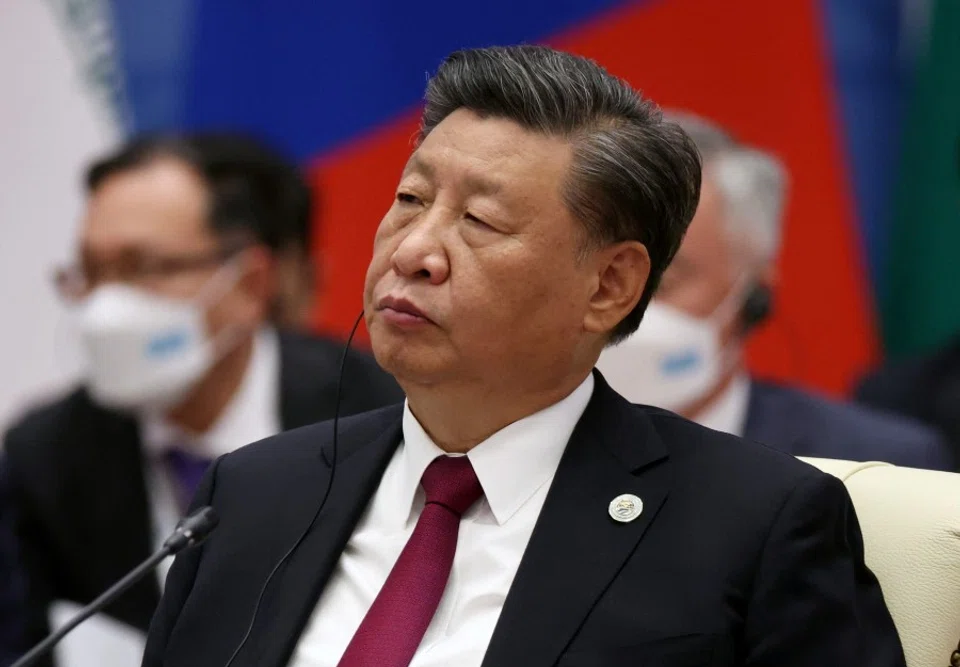
Xi Jinping, the paramount leader who is fighting for his unprecedented third term at the forthcoming 20th National Congress of the Chinese Communist Party (CCP), is increasingly finding himself in a dilemma. On the one hand, he appears to be invincible. On the other hand, he is gradually losing the Mandate of Heaven among the Chinese people and thus is becoming increasingly vulnerable as a political leader. Having tried to eliminate all the other factions in the past ten years, he has successfully pushed them into one loosely connected "anti-Xi faction".
Factions as political labels
In Chinese politics, unlike in an academic article analysing Chinese politics, factions carry a strong negative connotation. Those who fail in politics are labelled factionists, regardless of whether they are actually engaged in any factionist activities.
... factions are a political label prepared for losers but not for winners. For this reason, Mao was never considered a factionist because he was the winner all the time.
With Mao Zedong's strong encouragement, for instance, Gao Gang, a Politburo member who was being groomed to be Mao's future successor, launched attacks on Bo Yibo, one of Premier Zhou Enlai's subordinates, in the early 1950s. After Gao's failure, he was labelled a factionist. In order to make his faction real, Rao Shushi, director of the Central Organisation Department who did not have much connection with Gao, was lumped together with Gao as a "Gao-Rao anti-party clique", even though, as Mao himself acknowledged, there was no evidence for their collaboration.
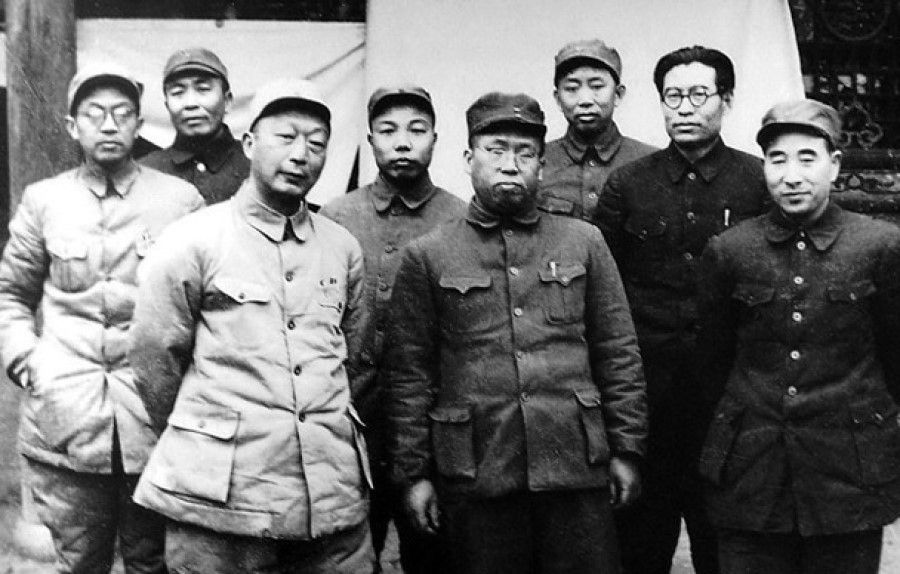
In other words, factions are a political label prepared for losers but not for winners. For this reason, Mao was never considered a factionist because he was the winner all the time. Lin Biao, Mao's erstwhile comrade-in-arms and designated successor, was made a factionist after his death in a plane crash in September 1971. Likewise, Xi Jinping is not a factionist even though he has been promoting his underlings in the past ten years but Sun Lijun, the former vice-minister of public security is definitely a factionist, not necessarily because he has developed a large network of friends in the public security system, but because he is a loser.
... Chinese politicians can be classified into different factional groups such as the princelings, the Shanghai gang, the Youth League group, and the Tsinghua clique. However, these are not necessarily functional factions in real politics.
Factional groups
As an analytic tool, it is useful to look at people of different groupings in Chinese politics. Based on connections of various associations such as family origins, schools, and places of work, Chinese politicians can be classified into different factional groups such as the princelings, the Shanghai gang, the Youth League group, and the Tsinghua clique. However, these are not necessarily functional factions in real politics. Members of these groups may or may not collaborate to advance their careers as a coherent political faction.
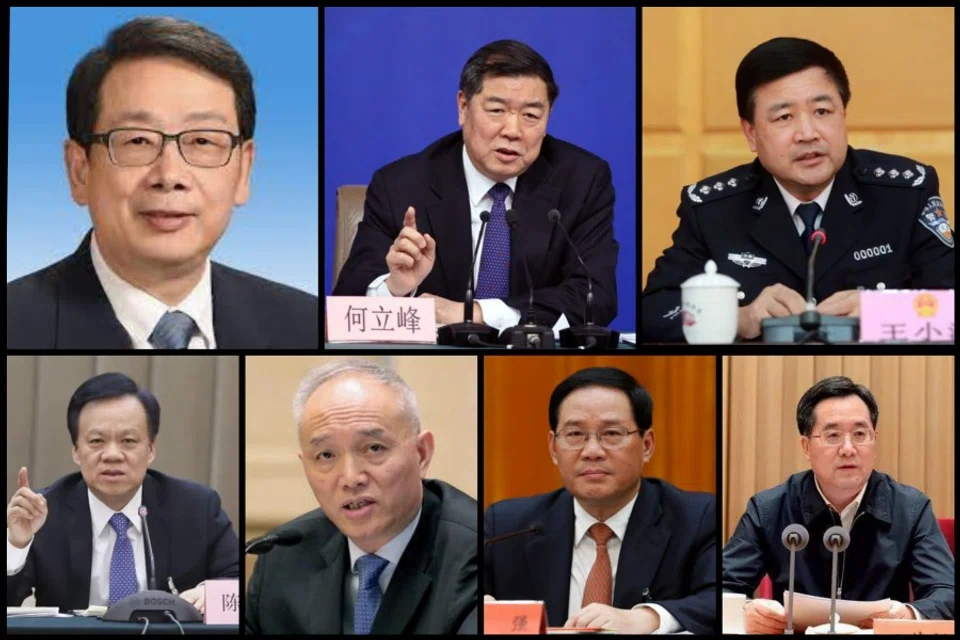
More often than not, those who do not belong to the factional group from which the paramount leader has emerged tend to demonstrate their institutional loyalty more enthusiastically than those who can be identified with the paramount leader in one way or another. It is therefore not surprising to read an article published in the People's Daily by Vice-Premier Hu Chunhua which mentions Xi Jinping's name 52 times. In contrast, Party Secretary Chen Min'er of Chongqing has been mostly silent in Xi's loyalty campaign because of his assumed strong personal loyalty.
However, Xi has created too many enemies in the past ten years as a result of his constant attacks on other political factions, real or imagined.
Xi Jinping faction and 'anti-Xi faction'
There is no question that analytically, Xi has developed his own faction with his classmates from Tsinghua University such as director Chen Xi of Central Organisation Department, with his colleagues from Fujian such as Minister He Lifeng of the National Development and Reform Commission (NDRC) and Minister of Public Security Wang Xiaohong, with his colleagues from Zhejiang such as Chen Min'er, Beijing party secretary Cai Qi, and Shanghai party secretary Li Qiang among many others, and with his colleagues from Shanghai such as director Ding Xuexiang of the General Office of the CCP Central Committee.
Nevertheless, the majority of Chinese elites are fence-sitters. They have to pay lip service to Xi's praise to avoid possible political persecutions.
However, Xi has created too many enemies in the past ten years as a result of his constant attacks on other political factions, real or imagined. He has practically eliminated his potential competitors from princelings (especially military princelings such as General Liu Yuan and General Liu Yazhou) and from the Youth League group such as Li Yuanchao, Liu Qibao and Lu Hao.
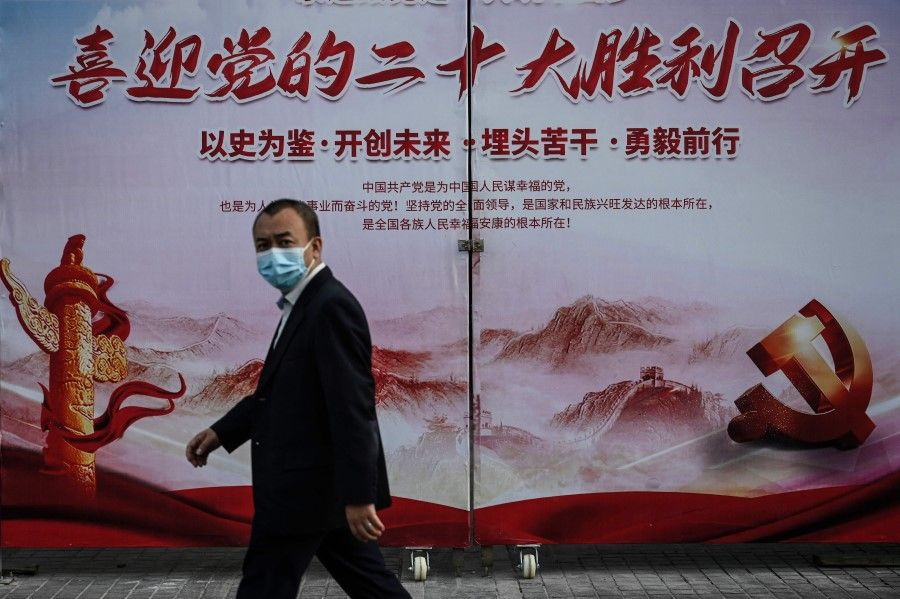
Xi has also taken steps to significantly undermine the power of Central Military Commission vice-chairman General Xu Qiliang and Vice-President Wang Qishan either by dismissing their comrades-in-arms from powerful positions with no apparent legitimate reasons or by sending their friends and former subordinates to jail for offensive remarks or for "corruption". Consequently, few political elites are happy with Xi and are prepared to join his opposition as members of an anti-Xi faction.
Fence-sitters and Xi's fate
Nevertheless, the majority of Chinese elites are fence-sitters. They have to pay lip service to Xi's praise to avoid possible political persecutions. But they would support anyone who would advance their interests domestically and internationally. For instance, they would voice their support for Russia to accommodate Xi's preference while they would send their children to the US because they want their children to have a better future.
For these fence-sitters, it is not a matter of commitment to any particular person. They would change their attitude in a matter of seconds if that person is a loser in politics.
Qu Qingshan, head of the Institute of Party History and Literature of the CCP Central Committee, became a lightning rod for a future of continued reform and opening when he published an article on the history of the CCP in the People's Daily in December 2011 that addressed reform and opening as a "great awakening" but did not mention Xi Jinping and his "two establishments" at all. But the same person mentioned Xi Jinping 34 times and Xi's "two establishments" eight times in another article published in the People's Forum, a journal under the People's Daily, in July 2022. It does not make any sense to support a person who does not support reform and opening but this is the reality of Chinese politics. For these fence-sitters, it is not a matter of commitment to any particular person. They would change their attitude in a matter of seconds if that person is a loser in politics.
For this reason, Xi's situation is precarious. He could be abandoned any minute when he is showing weakness, physically and politically. He would have to live in anxiety and fear if he secures a third term as the paramount leader because his projected future is not congruent with the future imagined by the majority of Chinese elites and people at large. While Xi's China dream is a dream of the return to Maoist past with international isolation and domestic class struggles and planned economy, the majority of the Chinese elites and people aspire to live a happy, free, and rich life in an open society well-integrated to the global community.
